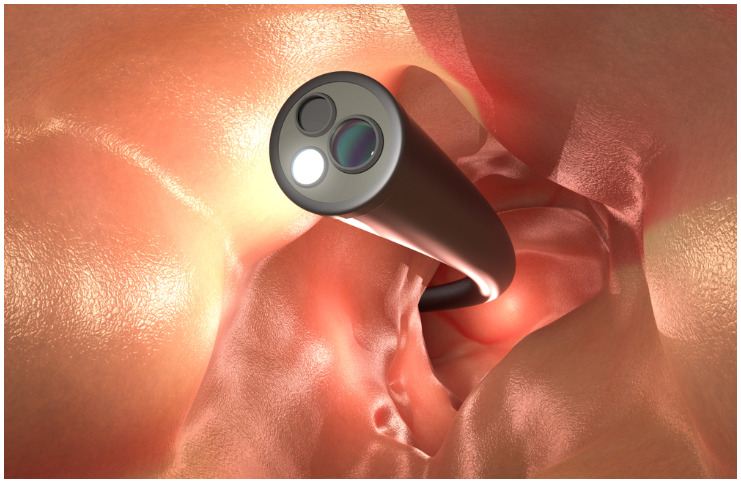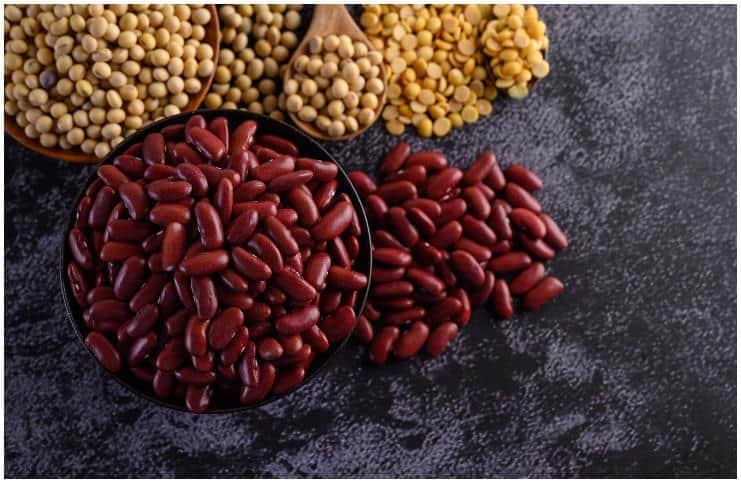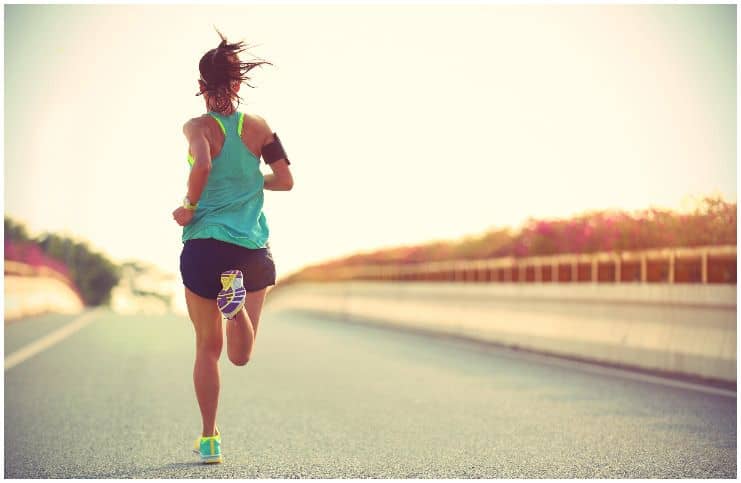The purpose of a colonoscopy is to look inside the colon for cancers, polyps, ulcers, and recheck the colon following surgery for colon cancer.
The colon, sometimes called the large bowel or large intestine, is about 3 to 5 feet long and is the part of the gut that comes from the small intestine.
A colonoscope is a thin (thick as a little finger), flexible telescope which during this procedure it is passed through the anus and into the large intestine. If needed, polyps or other types of abnormal tissue can be removed during a colonoscopy.
Removing polyps can help prevent colorectal cancer from ever starting. It is estimated that between 60 to 90% of colon cancer deaths could be prevented if everyone over 50 chose to have this procedure. According to the CDC, colon cancer kills about 52,000 Americans every year.
The exam itself takes about 30 to 45 minutes, but it may take longer, depending upon what is done during the procedure. The test, however, is unpleasant and invasive. You will also need to sign an agreement form stating you understand the benefits and adverse effects of the test.
A screening colonoscopy is usually suggested for anyone with siblings, parents, or kids with a medical history of colorectal cancer or polyps as well as for people over 50 years.
Notes – his procedure may need to be repeated every 5 or 10 years depending on the patient being screened and the outcome of the test.
Colonoscopy is similar to sigmoidoscopy (a medical examination of the large intestine from the rectum through the sigmoid colon), the actual difference being related to which sections of the colon each can examine.
Foods to eat 3 days before the procedure
Do not eat legumes (such as beans, chickpeas, peas, okra), meat, corn, nuts or seeds, or tomatoes three days prior to this procedure, as these foods may adhere to the intestinal wall and may not flush out in time.
You may be asked to stop taking iron supplements (these supplements make the inside of your bowel look black, making it hard for your doctor to see clearly) or aspirin products.
Start drinking an extra 8 to 16 ounces of fluid per day.
One day before the procedure
You must not eat any solid food and may only eat a clear liquid diet. Do not consume anything purple or red, such as fruit punch, red cabbage juice, beet juice, or grape juice.
Drink at least 8-10 ounces of clear liquids throughout the day.
Stop taking medicines, such as warfarin, clopidogrel or aspirin, as well as painkillers, like – ibuprofen because they can affect the way your blood clots.
If you take any type of prescription drugs, consult with your healthcare specialist if you need to stop taking them before having this procedure.
You will need to take some type of laxatives and you need to go to the toilet often. In addition, you may have stomach cramps. It is recommended to stay at home for at least a few hours after taking these laxatives.
The day of the procedure
You may drink only clear liquids until four hours prior to your colonoscopy time.
After
It is recommended to have a diet rich in prebiotics, like vegetables, fruits, whole grains (like oats) that are high in dietary fiber and resistant starch which feeds your gut bacteria.
You shouldn’t drive or drink any type of alcohol or caffeine beverages for 24 hours after having this procedure.
Intake plenty of fluids after the procedure to replace the fluids you may have lost during the colon prep.
Note
Most patients are ready to go home after resting for 30 minutes or so. Therefore, you will need to arrange to have someone drive you home (a friend or a relative).
If you have had any small lumps of tissue removed, you may need to stay a bit longer for observation.
Side effects of a colonoscopy
Most people feel generally good after this procedure. Sometimes, this test may cause damage to the large intestine which will lead to bleeding, infection, and perforation (occurs in about 1 in 2000 tests), plus the risk of dying is less than 1 in 14,000.
In addition, the patient may experience vomiting, nausea, bloating or irritation of the rectum due to the chemicals used to cleanse the large intestine. Walking around and massaging the abdomen helps to relieve these symptoms.
Tips to prevent colon cancer
Don’t Smoke
Smokers are 18 percent more likely than nonsmokers to develop colon cancer.
Physical Exercise
Get at least 30 minutes of moderate physical activity at least 5 days a week.
According to recent research, physical exercise may help lower rates of colon cancer by – lowering levels of estrogen, reducing the time for food to move through the colon, reducing inflammation, reducing insulin resistance, and improving immune function.
Don’t Drink Alcohol
Individuals who intake more than four drinks per day have a 52 percent higher risk of developing colorectal cancer.
Get Daily Sun Exposure
It will help you optimize your vitamin D levels.
Nutrition
Consume fruits, vegetables (especially cruciferous vegetables, which may be more beneficial due to the sulforaphane they contain), whole grains, nuts, seeds, and legumes. All plants contain vitamins, dietary fiber, minerals, and antioxidants, which play an important role in any type of cancer prevention.
References https://www.mskcc.org/departments/epidemiology-biostatistics/ http://www.medscape.com/viewarticle/864103 https://www.ncbi.nlm.nih.gov/pmc/articles/PMC2694655/ http://www.nejm.org/doi/full/10.1056/NEJMoa1100370





